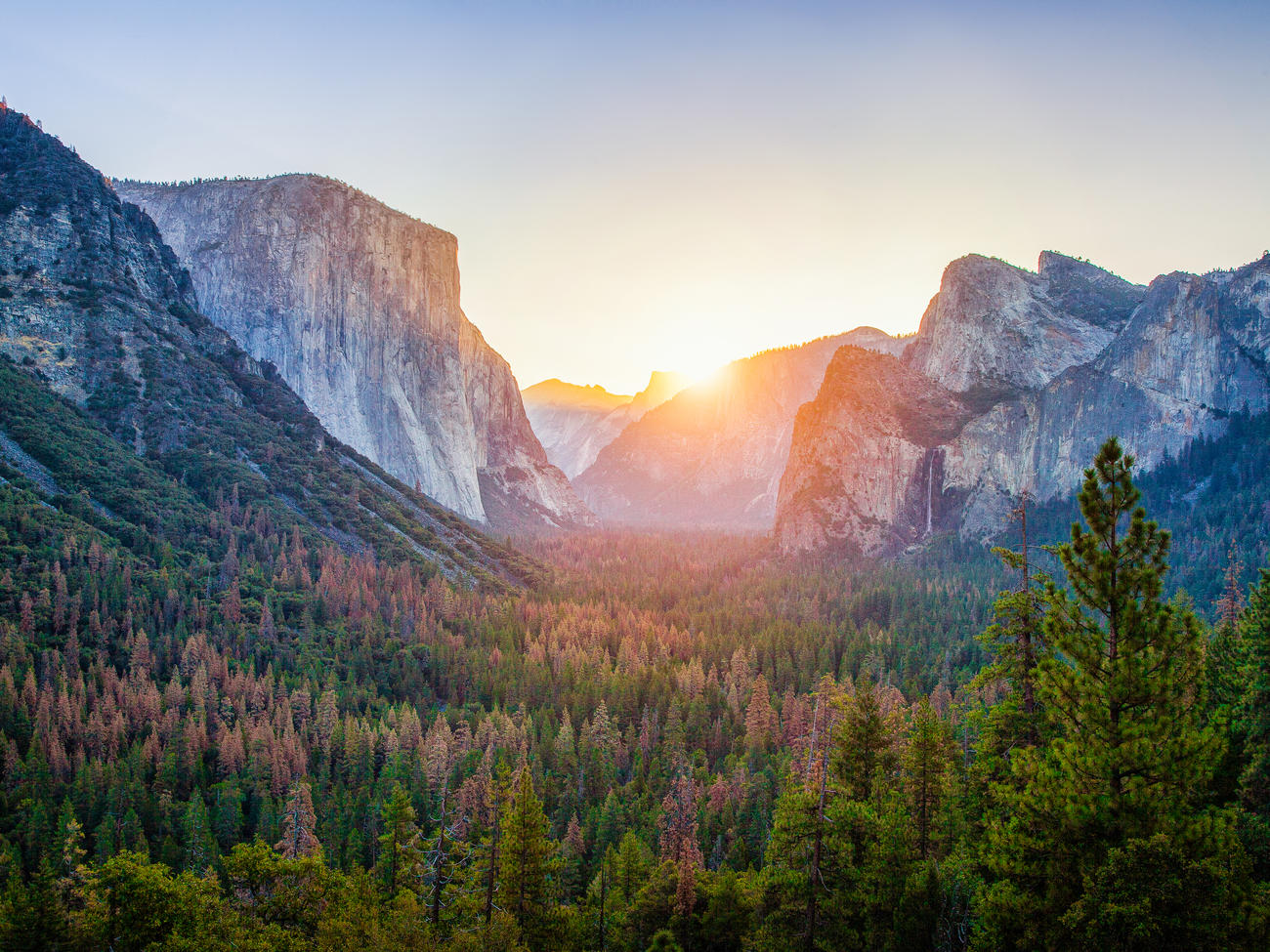AVINASH NAIR
Recently, we explored the 'Tragedy of the Commons' through an experiment that saw us competing against our classmates for survival, in the form of Goldfish. However, as most of us saw, our 'corporate greed' and alarming willingness to destroy the environment for personal gain led to the unsustainable harvest of Goldfish, with many of us unwittingly depleting the Goldfish numbers beyond recovery. This taught most of us the valuable lesson of setting in place rules and regulations in an effort to effectively balance profit with sustainability. We then learned that in the real, non-Goldfish world, common resources are regulated primarily through the privatization of land, user institutions, and regulation by the government.

While the privatization of land and user institutions seem to be proper measures to take in an effort to promote conservation, the regulation of land by the government got me thinking about just how much they must be able to exploit this power. I do, although not entirely, agree that government intervention in helping protect common resources has been carried out with relative efficacy, as seen in the establishment of land preserves and national parks, such as Yosemite, that prevent human infiltration of nature. However, I believe that the government's power to seize land for itself should be rather alarming. Utilizing this power, dubbed eminent domain, the government has seized 25% of available land in the US for the purpose of recreation, conservation, or anything they determine necessary.

This may not seem terrible: the government often converts rundown areas into thriving recreation areas for public use, and sometimes aids conservation efforts. Unfortunately, though, eminent domain can also force people out of their homes, with little to no compensation being awarded. In addition, eminent domain has traditionally targeted minorities or the economically underprivileged, leaving them with almost nothing after snatching their land.
Some may argue that the conservation of natural resources outweigh the need for compensation for people displaced by eminent domain, and I plead those people to consider the following. Suppose you and your family have lived in the same neighborhood your whole life. In fact, your family has lived there for generations. One day, the government kicks you out of the only home you've known and offers no explanation nor compensation, other than the fact that they have decided to 'preserve' your land so that a small pond could be conserved.

At what point does conservation overrule a person's personal liberties in life to live in their own home, without government interference? It is indeed true that the environment must be protected, and that the government can help regulate this, but the power of the government to seize land with very few hindrances must be severely limited or modified. Despite the fact that the government has historically produced results in the form of national parks and preserves, they shouldn't be able to determine when to exercise eminent domain by their own whim. Instead, I suggest that the people should be able to vote and have some say as to what happens to their land.
At the end of the day, conservation obviously matters, but destroying other people's lives to practice it is most definitely NOT the way to go about practicing it.
What do you guys think about the government's ability to exercise eminent domain? Is it just? Should it be eliminated entirely, or just limited to give the people more power? How much should we focus on conservation if it gets in the way of people's unalienable rights?
https://www.theatlantic.com/business/archive/2012/05/property-rights-and-the-tragedy-of-the-commons/257549/
https://www.justice.gov/enrd/history-federal-use-eminent-domain
https://homeguides.sfgate.com/positive-negative-effects-eminent-domain-49409.html




Comments
-Adam Ghnem
- Hannah Lee